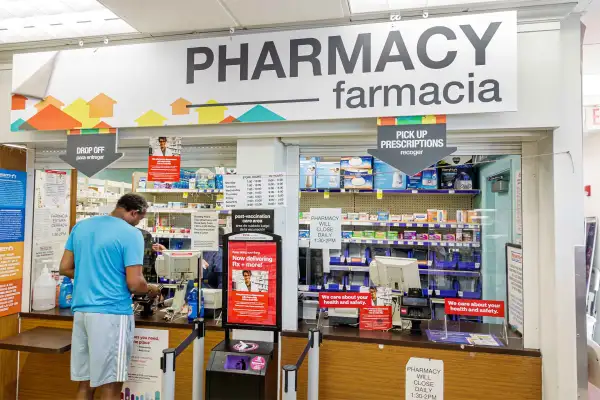Workplace Health Insurance Costs Could Jump Over 7% Next Year

Even though inflation is subsiding, your out-of-pocket health insurance costs are expected to spike in 2025.
Employers, which provide health coverage to over 150 million Americans, are bracing for yet another year of steep price increases for workplace health plans, according to two recent health insurance reports.
On average, U.S. companies told two consulting firms — Willis Towers Watson, or WTW, and Mercer — that they expect health plan costs to surge between 5.8% and 7.7% in 2025. The lower estimate is based on price increases if the employer implements successful cost-cutting strategies, while the upper figure is how high prices are set to surge if they don’t.
In both cases, the price increases for private workplace insurance are running much hotter than overall inflation, which was 2.5% in August. Specifically, health insurance inflation clocked in at 3.3%, though that includes coverage through the Affordable Care Act, or Obamacare, as well as other federally run health plans (not just workplace plans).
To offset some of the impending price increases, most employers (53%) told Mercer that they do plan to take cost-cutting measures, a notable increase from 44% this year. But those efforts are meant to save the companies money, not necessarily the workers.
“Generally, these changes involve raising deductibles and other cost-sharing provisions and result in higher out-of-pocket costs,” Mercer said in commentary shared with Money.
According to WTW's results, a third of employers are planning to raise the amount their workers pay through premiums, which are automatically deducted each paycheck.
2025 would be the third consecutive year of unusually high health insurance cost increases following a decade of cost increases averaging around 3%.
WTW surveyed 417 U.S. companies, which collectively employ over 6 million workers. Mercer's report is based on preliminary survey responses from over 1,800 U.S. employers. (A full Mercer report will be released later this year.)
Out-of-pocket health insurance costs in 2025
According to the nonprofit Kaiser Family Foundation, or KFF, the vast majority of workers with health insurance through their employers have to pay deductibles before certain benefits kick in.
The average deductible for single workers is $1,735, according to the latest KFF data. Deductibles for family plans are often double that amount, running between roughly $3,000 and $4,900.
To keep prices down on the employer’s side, many companies in Mercer's survey said they are planning to raise deductibles next year, shifting more of the cost burden onto their workers.
Premiums — the other major out-of-pocket expense for employees — are expected to rise, as well. Simply put, premiums are the cost of a health care plan, usually broken down into monthly or annually payments. Based on a conservative 5.8% price increase, annual premiums in 2025 are projected to cost about $17,600 per worker, according to a Money analysis of Mercer survey data. (Actual premiums can vary widely depending on single or family coverage, size of the employer and several other factors.)
Usually, a portion of each paycheck is automatically deducted to cover the workers’ share of their premiums. Employers tend to cover the lion's share — about 79%, Mercer says.
Still, that leaves workers to pay the remaining $3,700 annual premium, on average.
Some key reasons for the continued price surges for health insurance — even as inflation abates — are the health care worker shortage, Mercer says, as well as prescription drug costs.
So far this year, employers told Mercer that drug costs jumped 7.2%.
Both WTW and Mercer underscored that drug treatment related to diabetes, bariatric care (weight-loss drug Ozempic, in particular), cancer care and other genetic diseases is a major factor in the surge in health plan costs.
More from Money:
Medicare Drug Negotiations Expected to Save Enrollees $1.5 Billion a Year





